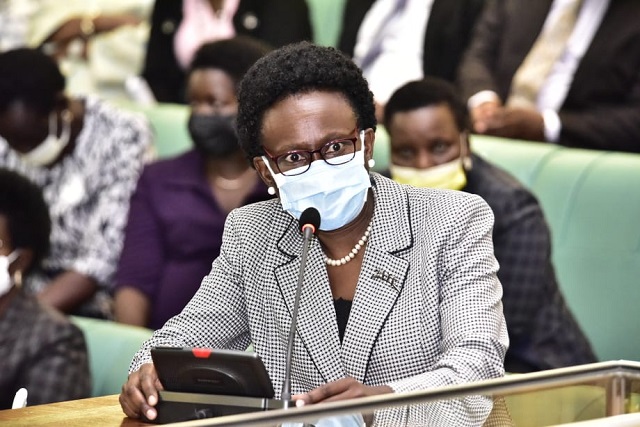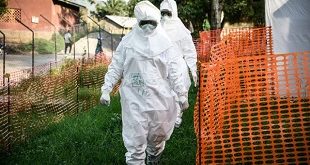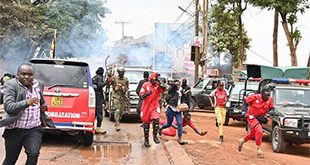
Kampala, Uganda | THE INDEPENDENT | The Minister of Health, Dr. Jane Ruth Aceng notified Parliament that she will be tabling a proposed law on public health next week, to provide for mandatory vaccination, wearing of masks and others.
Aceng made the statement on Thursday afternoon while responding to different queries by Members of Parliament in regard to the government’s preparedness to combat the new Covid variant-Omicron, that has now been detected in 23 countries across the world.
The new Covid-19 variant is reported to have originated in Southern Africa and spread to different countries across the world.
In her presentation to Parliament, Aceng noted that her ministry is preparing to table the Public Health Bill next week to cater for a number of issues including mandatory vaccination, wearing of masks and penalties. The minister did not reveal more details about the proposed law.
The revelation was welcomed by Busiro East MP, Medard Lubega Sseggona who said that this law is long over view since it is needed to prevent some people from causing risk to others.
Speaking about the new Covid-19 variant, Omicron, Dr. Aceng told Parliament that the suggestion for government to develop a red list and block passengers from particular countries to enter Uganda is not a wise decision since it is not backed by scientific research.
This followed a submission from Ibrahim Ssemujju Nganda, the Kira Municipality MP who raised concern that the minister had not mentioned to parliament any new guidelines to combat the new variant yet other countries have imposed fresh restrictions such as travel bans.
Also, the Shadow Minister of Health, Timothy Batuwa Lusala on Tuesday proposed different interventions to the government and one of them was the formation of a joint East African Community Taskforce to develop a common approach towards handling the Omicron variant.
“At the moment, the national task forces of the member states are implementing uncoordinated interventions,” Batuwa said. “This has in the recent past been noted in the stances towards vaccination and continuation of learning. Aware that the member states are challenged by porous borders that facilitate uncontrolled movements, a coordinated approach would enhance measures towards management of Covid-19 pandemic.”
He also suggested that in consultation with the other member states in the East African Community-EAC, Uganda should develop a red list of countries from which travelers are temporarily not allowed to access the country.
Batuwa said that a month’s restriction is realistic for it will enable government to attain sufficient knowledge and understanding of the Omicron variant and that it would enable continued travels into and out of the country with limited disturbance to the global supply chain and tourism sector.
However, Minister Aceng said that this would be a knee-jerk reaction and not a scientific decision. She said that blocking countries without scientific information is not a wise thing to do.
She added that Uganda does not only have people coming through the airport but also land border points of entry.
“Are we going to block everywhere? I think we need to take decisions based on risk assessment,” Aceng said. “And in addition to that Rt. Hon Speaker, our airport is small…if indeed it is true that Omicron is more transmissible which we don’t know, just one case waiting with the rest of the people at the airport is more risky than allowing them to go home,” Aceng said.
She noted that other genexpert machines have been ordered for and they will be delivered in January.
The minister’s reaction followed a question by Nakawa West MP, Joel Ssenyonyi who asked her to inform the public about the ministry’s readiness and medical infrastructure in place to handle a surge in cases once the situation gets worse.
Equally, Luuka North MP, Luke Kyobe Inyensiko asked government to explain its readiness to handle another peak of Covid-19 cases.
Regarding vaccination of the priority groups, Aceng said that the vaccination of health workers is at 97 percent, teachers and security personnel at 85 percent. She noted that the major challenge is now with the vaccination of elderly but that with the accelerated mass vaccination, government has gone closer and beginning to identify the elderly and vaccinate them.
She however noted that the ministry is faced with the challenge of allowances for health workers to vaccinate, that hampers the process.
*****
URN
 The Independent Uganda: You get the Truth we Pay the Price
The Independent Uganda: You get the Truth we Pay the Price


